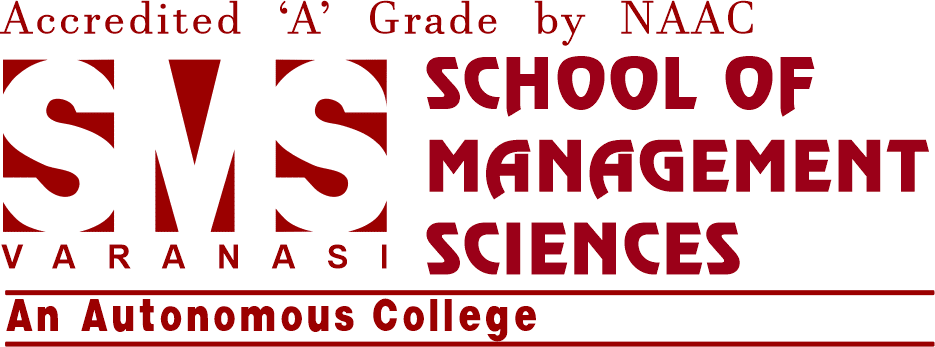Blockchain is revolutionising several industries, making records more transparent and tamper-proof. Blockchain in recruitment is the latest hiring technology to introduce transparency in recruitment process.
Blockchain technology is making hiring simple for both employees and employers – and has the potential to create a secure, transparent, and efficient ecosystem for everyone. Let’s see how this groundbreaking hiring technology is reshaping the workplace for everyone involved.
For Employees
1. Verified Credentials: Your Digital Resume Power-Up
We already live in times when we don’t have to carry our mark sheets to job interviews. We can share them through DigiLocker. We can achieve the same for resumes.
Resumes will not be just words on paper anymore – they will be verified, tamper-proof documents stored on blockchain. The certifications, skills, and work history you mention on your resume will be instantly authenticated. Background checks will no longer be required and your hard-earned achievements will speak for themselves.
- A report by CareerBuilder states that 58% of resumes contain inaccuracies. With blockchain, this issue can be resolved entirely.
Platforms like TrueProfile.io already use blockchain in recruitment to create verified professional profiles for healthcare professionals – streamlining the hiring process for job seekers and employers alike.
2. Faster Payments: No More Waiting Games
We all know that delayed salaries are so frustrating. We can avoid this with blockchain! By using smart contracts, salaries and bonuses can be automatically processed as soon as the conditions are met. Thus, you can eliminate payday delays and even offer instant gratification when it comes to rewarding or recognising employees for work well done.
- Fact: According to Deloitte, payroll errors cost companies up to £9 billion annually. Blockchain automates payroll, reducing these costly mistakes.
Remote work platforms like Bitwage leverage blockchain for seamless salary distribution – ensuring on-time payments for both employees and freelancers worldwide.
3. Transparent Benefits: Know What You’re Owed
Keeping track of overtime, bonuses, or leave balances can often be a challenge. But now, transparency in recruitment process as well as daily operations is possible with blockchain technology. We can use it to create, maintain, and access tamper-proof records of your benefits anytime. It can keep things clear – and all the parties accountable at the same time.
- Statistic: A PwC survey reveals that 87% of employees value transparency in workplace benefits. With blockchain, it is easy to trust by building and maintaining clear and accessible records.
Companies like Accenture use hiring technology powered by blockchain to enhance transparency in payroll and benefit systems, fostering trust among employees.
4. Secure Work Records: No More Lost Data
Switching jobs often means ensuring your employment records are accurate and up-to-date. Blockchain securely stores your work history, protecting it from errors or fraud. Whether you’re moving to a new role or applying abroad, this technology ensures that your records are safe and easily shareable.
- Fact: A study by IBM shows that 95% of data breaches are due to human error. Blockchain’s encryption ensures your data is safe from tampering.
Japan’s Mitsubishi UFJ Trust and Banking Corporation uses blockchain to create secure employment histories. This simplifies their job transitions.
For Employers
1. Simplified Hiring: Speed Meets Accuracy
Recruitment is often a lengthy process, but blockchain in recruitment changes the game. By verifying candidates’ credentials instantly, employers save time while ensuring that the information is accurate. This leads to better hires and fewer onboarding delays.
- Statistic: According to LinkedIn, the average time to hire is 36 days. Blockchain can cut this time and money spent drastically by automating verification processes.
Organisations like Chronobank use blockchain to vet candidates, reducing hiring timelines and improving efficiency.
2. Efficient Payroll: Automate the Mundane
Handling payroll involves tax calculations, compliance checks, and record-keeping, which are time-consuming and prone to errors. Blockchain simplifies this process with automation, ensuring that payments and deductions are accurate and secure.
- Fact: Research by EY reveals that automation in payroll can reduce costs by 60%. Blockchain takes this automation to the next level.
Startups like Gusto integrate blockchain technology for payroll, offering hassle-free salary distribution and compliance tracking.
3. Improved Data Security: Protect Sensitive Information
From contracts to performance reviews, employee data is sensitive and must be handled with care. Encryption in blockchain ensures that this data is accessible only to authorised personnel, reducing risks of breaches or misuse.
- Data: According to a Cybersecurity Ventures report, global cybercrime costs are expected to reach £8 trillion in 2023. Blockchain mitigates these risks with robust encryption protocols.
Walmart uses blockchain to manage employee records securely, proving its effectiveness in safeguarding information.
4. Enhanced Trust: Transparency Builds Loyalty
Transparency in payroll, benefits, and performance tracking not only builds trust but also increases employee satisfaction. When employers use blockchain, they demonstrate fairness and reliability, which can lead to better employee retention.
- Fact: Gallup states that employees who trust their employers are 30% more likely to stay at their jobs. Blockchain’s transparency in recruitment processes helps build this trust.
IBM is a pioneer in using hiring technology powered by blockchain, ensuring transparency in talent management and payroll systems.
Conclusion
By bridging the trust gap and simplifying hiring and payroll processes, blockchain is truly a game-changer for employees and employers. From verified credentials and faster payments to efficient hiring and secure records, blockchain creates a win-win situation for all. As organisations increasingly adopt blockchain in recruitment, we’re heading towards a workplace culture that thrives on transparency, efficiency, and fairness.
As college students, you should keep track of these developments – and use them to your advantage.
Read Also – Ethical Hackers Are Online Detectives In Action
Is Sedition Law in Bhartiya Nyaya Samhita More Stringent?

